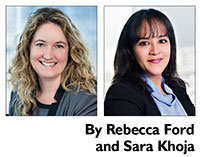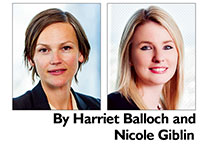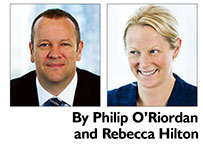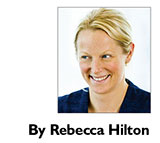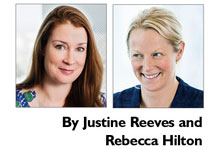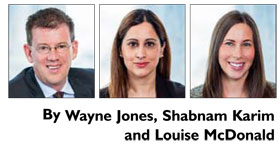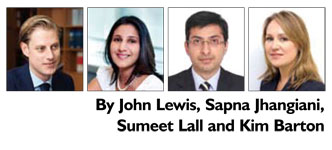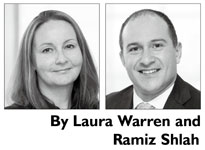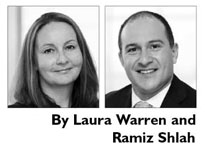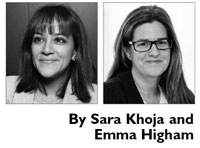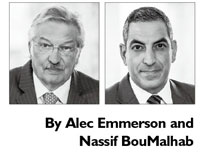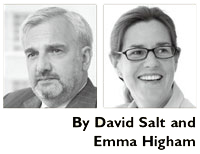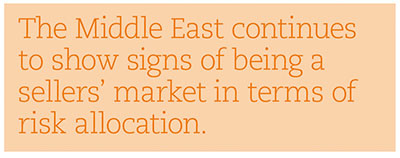
On March 10th, 2014, the Board of Ministers formally approved the ‘Rules and Regulations for the Operation of the Committees for the Resolution of Insurance Disputes and Violations’, described in the following update as the New Regulations. The New Regulations, published in the official gazette ‘Um Alqurra’ on March 29th, came into force on April 13th, 15 days from the day it was published.
The KSA insurance market is still in its phases of development, and the Regulations, which are intended to encourage best practice in crucial areas such as the handling of insurance claims, mark an important step in the Saudi Arabian Monetary Agency’s phased development of the market. In contrast to the traditional Saudi Courts and Board of Grievances, the Committees are made up of a panel of three members, headed by a legal advisor with the other two members being drawn from the insurance industry with finance and accounting background.
Some of the major highlights of the New Regulations are as follows:
• Use of hearings: The New Regulations clarify the important use of “hearings” before the Committees (and the Appeal Committee) at which the parties are requested to set out their case and explain their arguments. While that may not sound surprising to insurers from a common law background or jurisdictions, it should be remembered that Saudi Arabia has, in the past, been more closely aligned with traditional civil law legal systems in this region at which oral advocacy before judges, and detailed argument and oral submissions, is very limited (if not non-existent). The opportunity therefore for parties to engage in oral advocacy to make their case is an interesting development.
• Proof and evidence: The Committees can rely on the general Shariah Court procedural rules for guidance on matters of procedure and evidence, but have a broad discretion as to how they go about that. The New Regulations make it expressly clear that the Committees can accept “all methods of proof/evidence” in hearing a case. So, again, in contrast to other jurisdictions in this region, it will be possible for parties to rely much more on witness evidence, written and oral, to support their cases. The New Regulations also expressly state that the Committees can consider modern methods of adducing evidence ranging from emails, texts, voicemails to evidence retrieved from computers, thereby giving the Committees broad discretion to look at whatever evidence they consider relevant.
• Recoverability of legal costs: The New Regulations also give the Committees the power to award “all legal expenses” to a party that pursues or defends the claim. Again, that is an important development and stands the Committees apart from most court systems in the region where legal costs of pursuing insurance claims are not typically recoverable (beyond a nominal amount).
• Limitation of claims: The New Regulations also provide that insurance claims will be time-barred five years from the date the loss is crystallised or a demand was first made. That is a significant shift because in the past there was generally no limitation of insurance claims in KSA and insurers remained subject to potential claims indefinitely. This is a positive step which will allow insurers greater certainty over the losses and claims they face and will allow them to close claims books and years of account after a reasonable period if they have not been pursued within the five year period.
• “Comparative jurisprudence”: Perhaps the most interesting development of all is Article 9 of the New Regulations which provides that as well as applying the procedures discussed above and referring to customary practices of the courts, the Committees are also able to take into account established “comparative jurisprudence” in relation to the resolution of insurance claims. This is the first time that Saudi law has allowed judges to take into consideration international decisions and practice in any sector. We understand that, in practice, this means that the Committees can look to the jurisprudence (ie a body of law and considered decisions) from other jurisdictions where, say, the guidance provided under KSA law does not address the particular issues to be decided. That will, of course, always be subject to the proviso that the arguments, principles and decisions relied upon should be consistent with Shariah principles and the requirements for cooperative insurance in KSA.
The New Regulations are a positive development bringing welcome clarity in a number of areas for both insureds and insurers dealing with claims in KSA.
|




